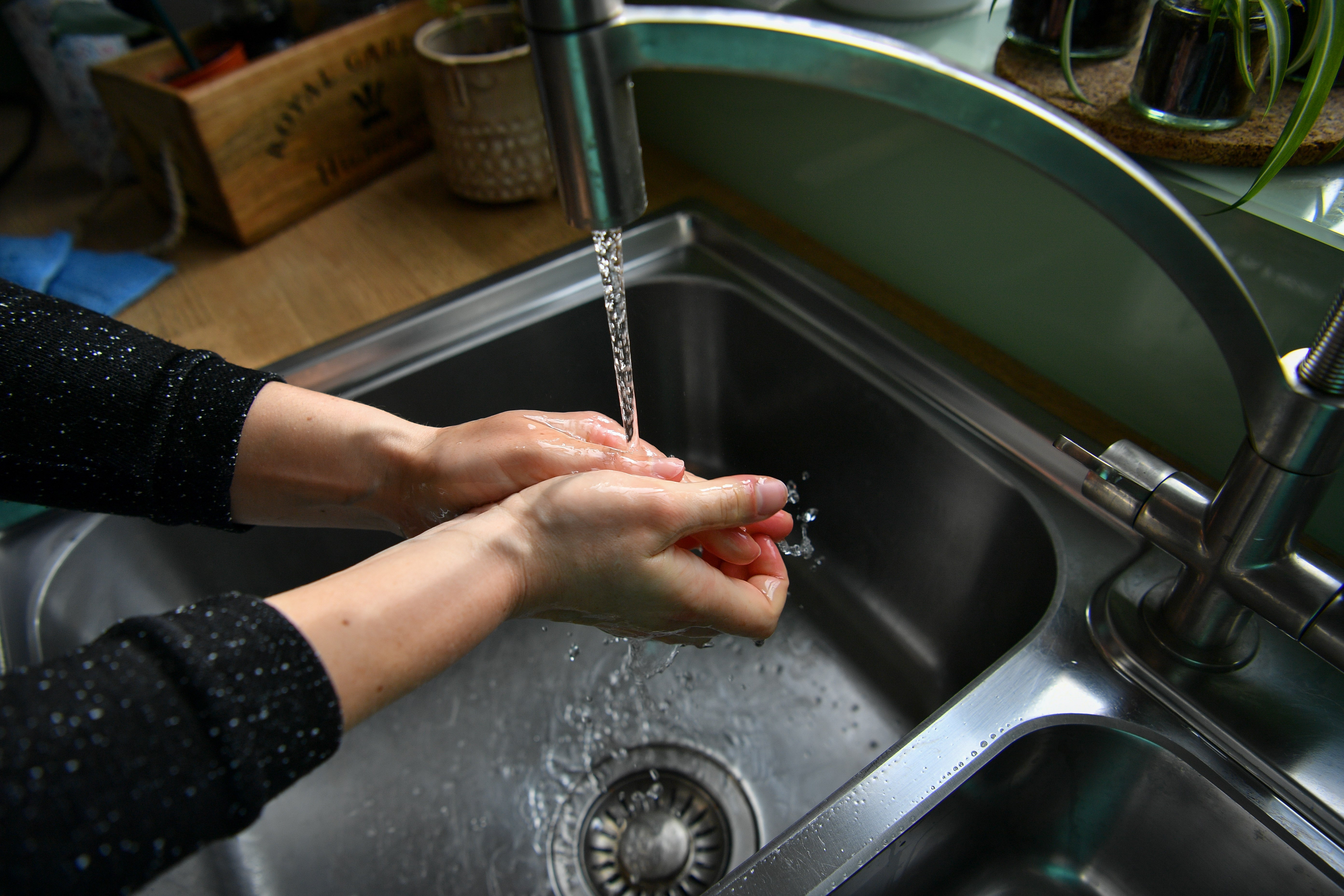Household water and sewerage bills to rise by 1.7% amid cost of living crisis
Some 300,000 more customers will need help paying water bills by 2025

Your support helps us to tell the story
From reproductive rights to climate change to Big Tech, The Independent is on the ground when the story is developing. Whether it's investigating the financials of Elon Musk's pro-Trump PAC or producing our latest documentary, 'The A Word', which shines a light on the American women fighting for reproductive rights, we know how important it is to parse out the facts from the messaging.
At such a critical moment in US history, we need reporters on the ground. Your donation allows us to keep sending journalists to speak to both sides of the story.
The Independent is trusted by Americans across the entire political spectrum. And unlike many other quality news outlets, we choose not to lock Americans out of our reporting and analysis with paywalls. We believe quality journalism should be available to everyone, paid for by those who can afford it.
Your support makes all the difference.Water and sewerage bills will increase in England and Wales by almost 2 per cent, Water UK has announced.
The 1.7 per cent jump, which is below the rate of inflation, will take effect from April, with average household costs set to rise by around £7 to £419.
The hike comes as families across the country struggle with the cost-of-living crisis, which will be exacerbated in two months when annual energy prices rise by nearly £700.
Growing financial pressures mean that 300,000 extra people will need support paying their water bills by 2025, on top of the 1.1 million customers who already have some form of assistance.
Christine McGourty, the head of Water UK, said people would still be paying “little more than £1” a day for water.
“But we know this is a difficult time for many, and no one should have to worry about their household essentials,” she added.
“There is a wide range of support available for those in need, and I would urge anyone who’s concerned to get in touch with their water company.”
Meanwhile, the Consumer Council for Water (CCW) warned that price rises will vary depending on suppliers, usage and whether households have a water meter.
Emma Clancy, the CCW chief executive, said: “Some households could potentially save hundreds of pounds by switching to a water meter, while others on a low income may be eligible for water companies’ wide range of assistance schemes.
“Simple steps to reduce your hot water use could also take some of the heat out of rising energy costs.”
Her comments come the day after energy regulator Ofgem announced its largest ever price cap leap. The new limit has been placed at £1,971 for typical-use households.
Chancellor Rishi Sunak admitted that this will adversely impact much of the population. “The price rise is so significant that it’s not just those families who are on benefits that are going to feel the pinch, it’s actually middle income families as well,” he said on Thursday.
However, the Tory frontbencher sought to soften the blow by unveiling a £350 support package for most households, which critics said will not do enough to help the most vulnerable.
“For [the] poorest, it would have been better just to raise benefits in line with inflation,” Paul Johnson, director of the Institute for Fiscal Studies (IFS), said. His organisation has predicted that workers on an annual salary of £30,000 will be £400 poorer next financial year.
An Office for National Statistics (ONS) study released on Friday showed that 20 per cent of adults in Britain are already finding it harder to pay bills than a year ago.
Some 69 per cent of respondents said they had seen the rising cost of living, with jumps in food and gas prices listed as the most noticeable.
Additional reporting by PA
Join our commenting forum
Join thought-provoking conversations, follow other Independent readers and see their replies
Comments